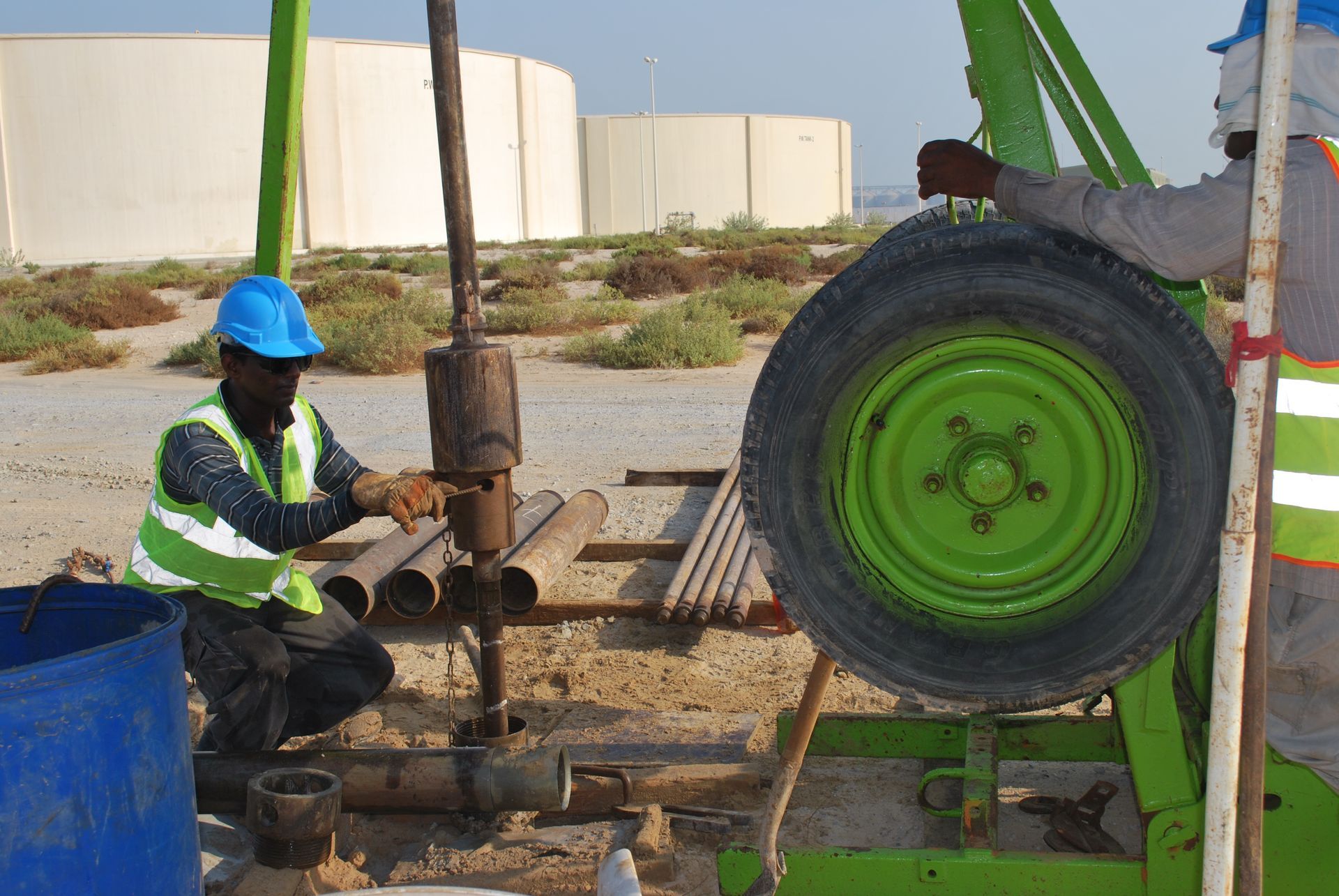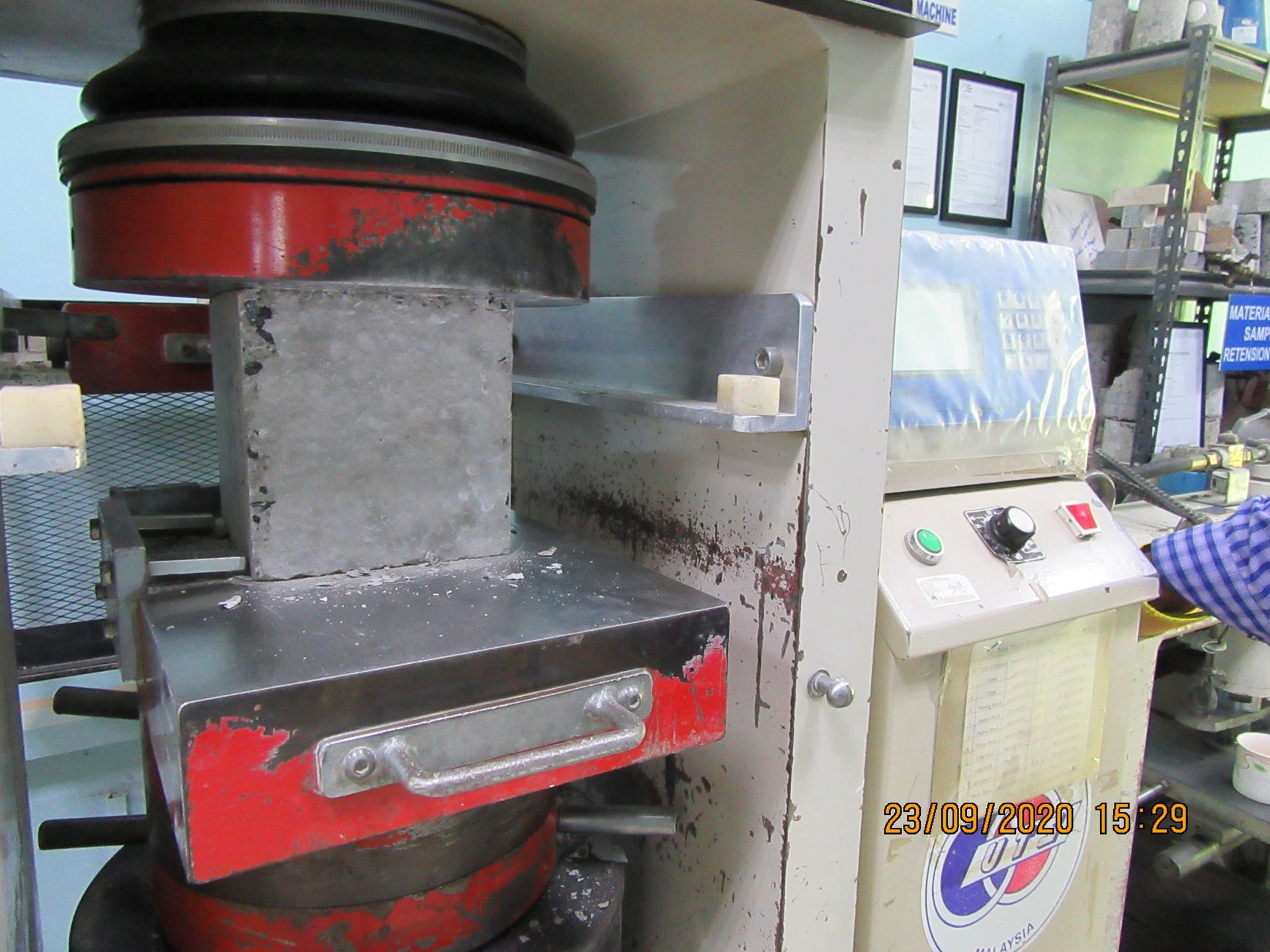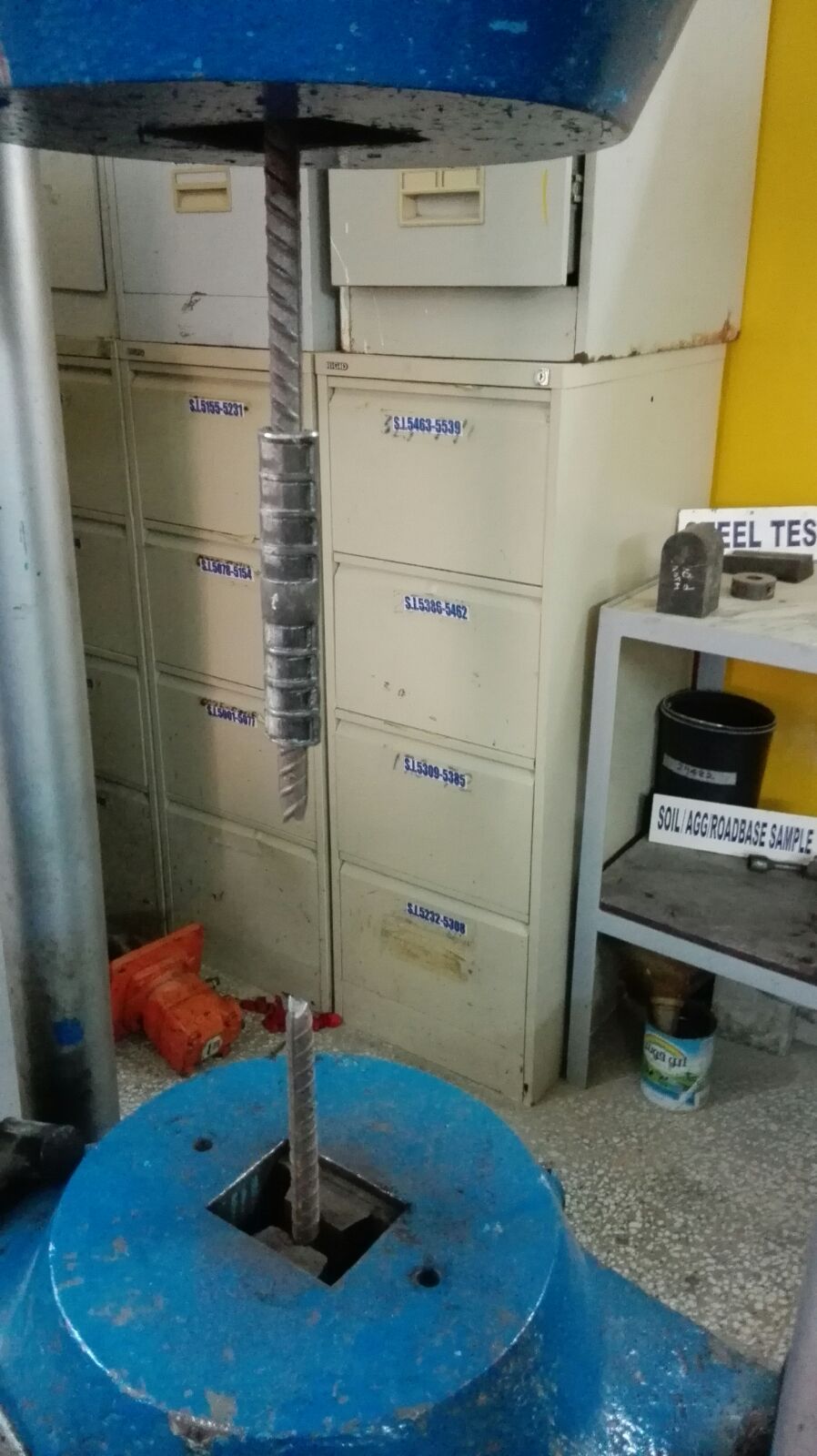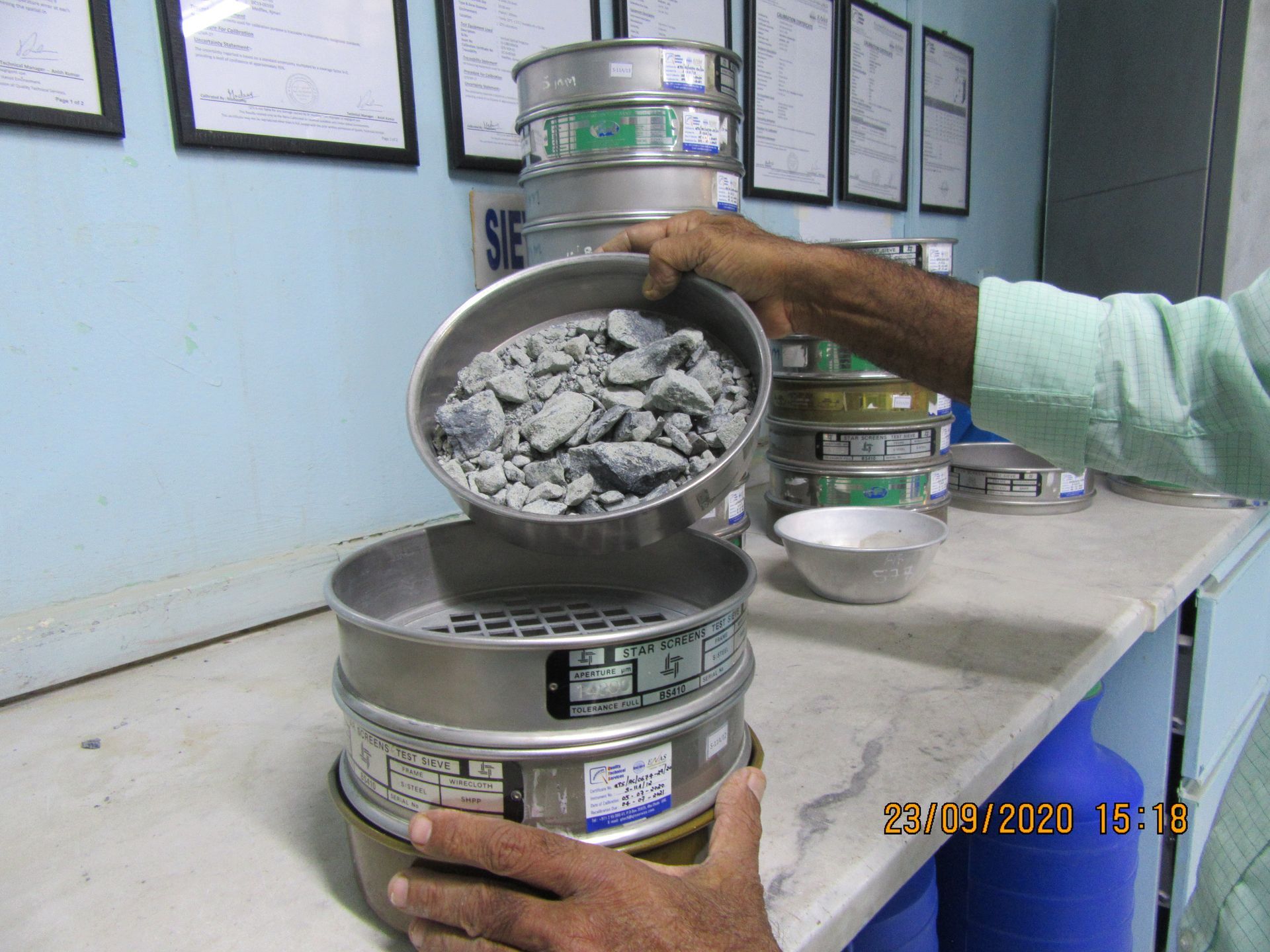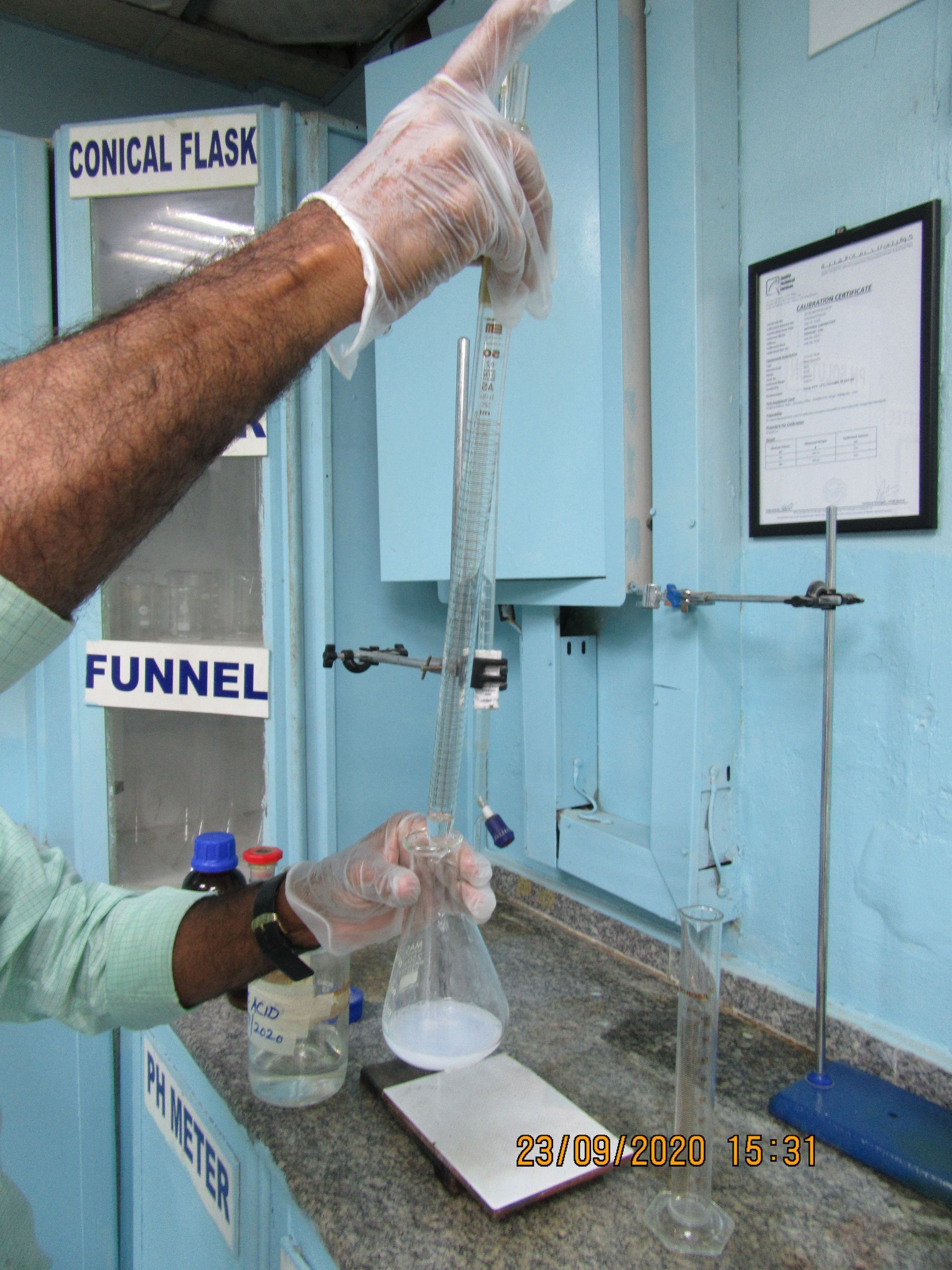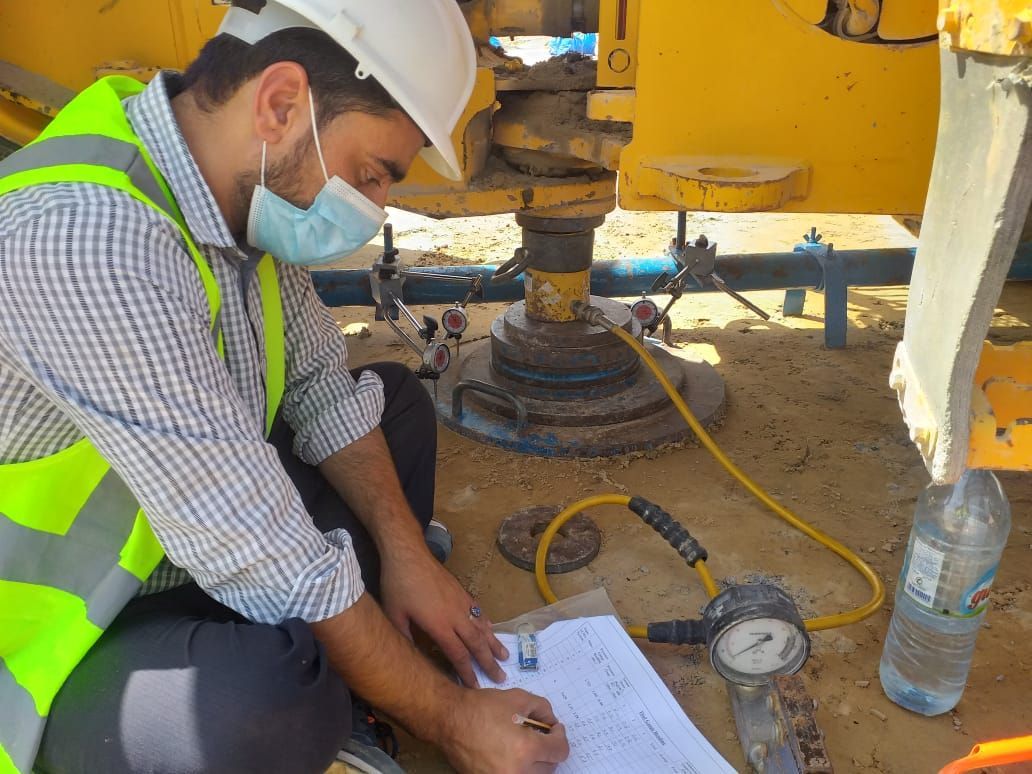National Lab for Soil Investigation & Building Materials Testing
About
National Lab for Soil Investigation and Building Materials Testing is a civil company professional for soil and building materials testing laboratory in Sharjah Emirates, established on 19 September 1987, under Sharjah Laboratories Registration Program.
Laboratory Working Hours
- Mon - Thu
- - -
- Friday
- Closed
- Sat - Sun
- - -
Address: Industrial Area 3, Sharjah, UAE
Mail: natinlab@eim.ae
Phone: 065436455 ; WhatsApp: 0557645843

